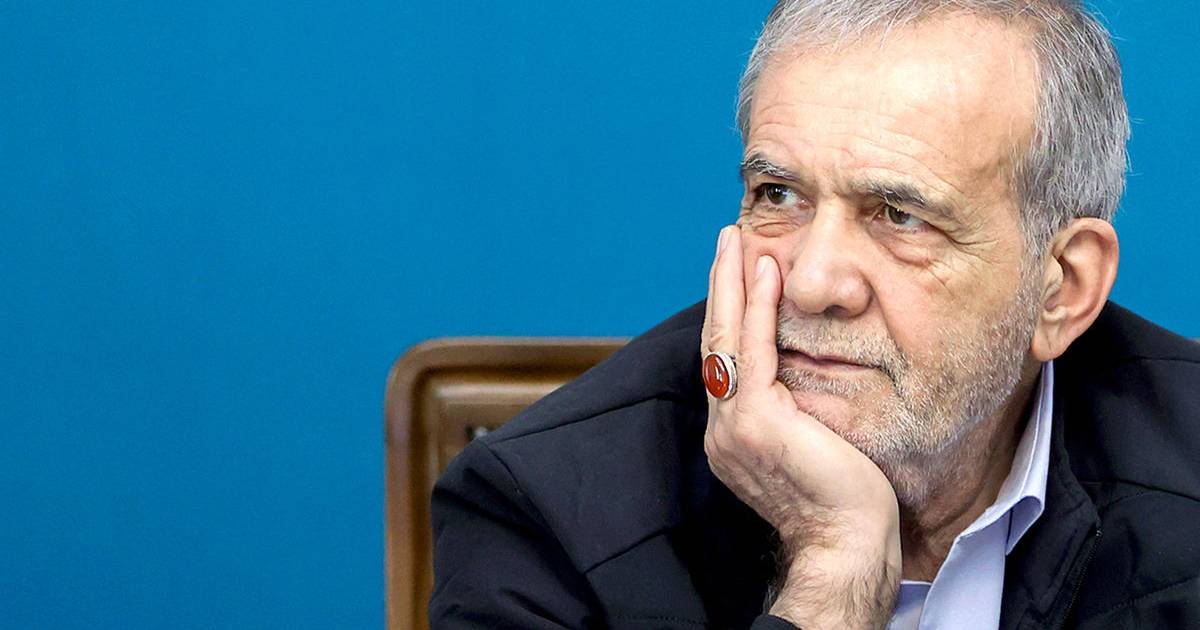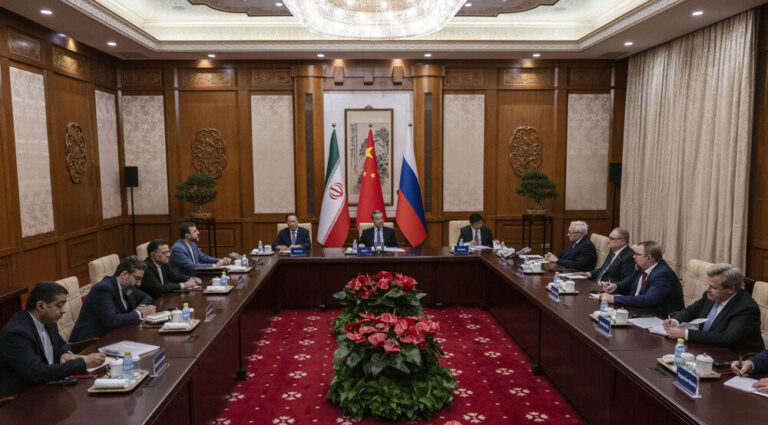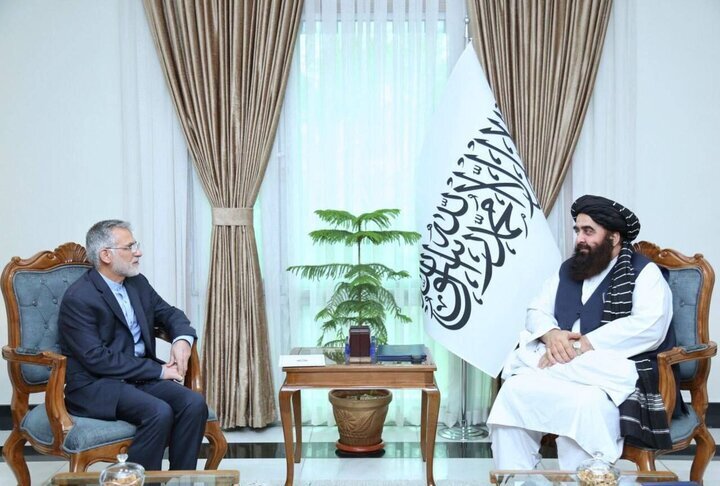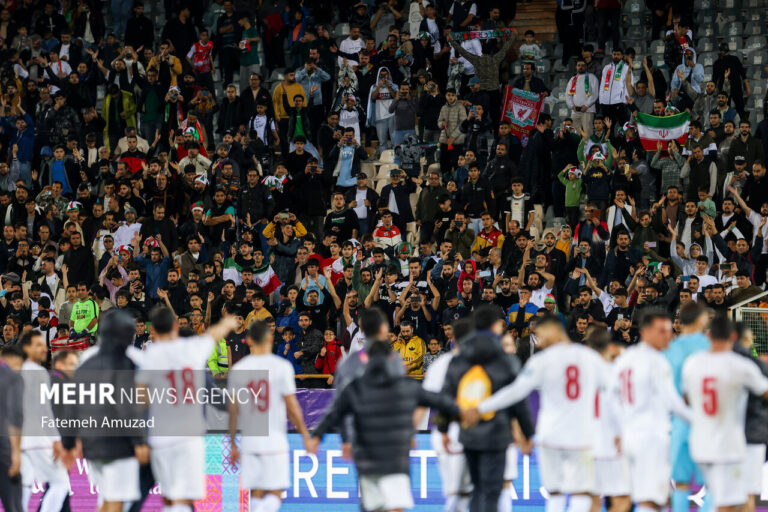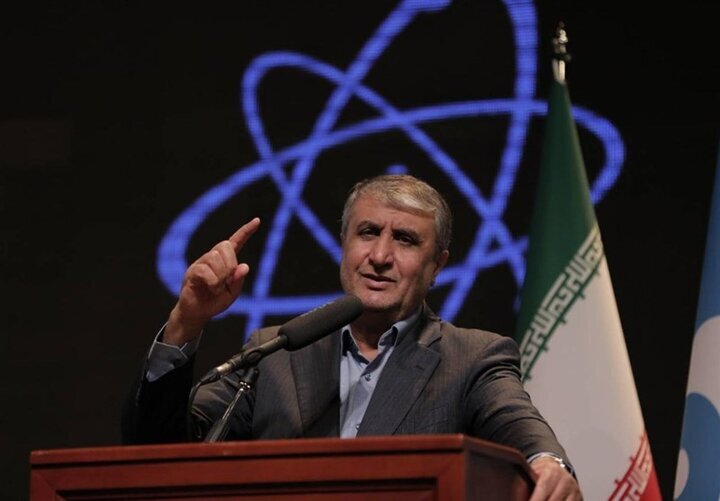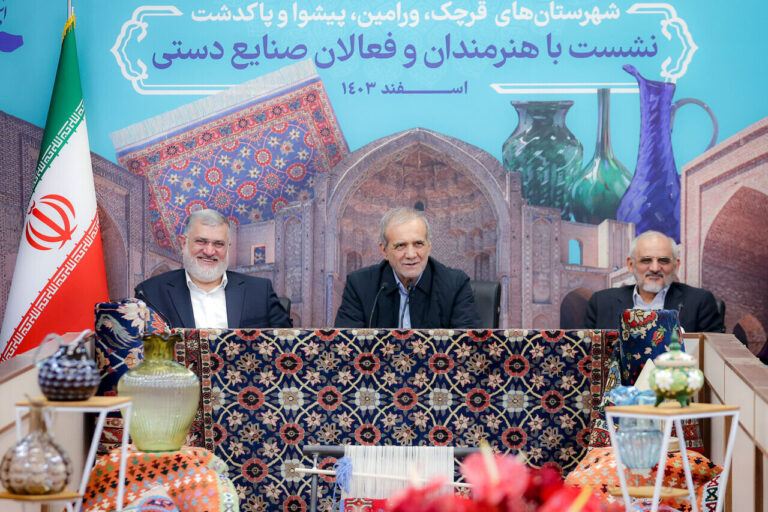Iranian Expert Calls for Presidential Resignation Amid Ongoing Crises
Calls for the Iranian president to fulfill his campaign promises are intensifying amid growing public unrest. Many citizens are urging the administration to take decisive action or consider stepping down, highlighting a significant discontent with the current political climate. As accusations of inaction mount, political analyst Abbas Abdi expressed his concerns in comments published by Khabar Online, stating that if President Pezeshkian can deliver on his promises—such as removing internet restrictions—he should do so immediately. If not, he should resign.
Abdi’s sharp remarks underscore a deepening sense of disillusionment among the Iranian populace regarding Pezeshkian’s leadership. The president was elected on a platform that included commitments to:
- Ease Islamic restrictions on society
- Grant more freedom to the media
- Restore access to global platforms such as Telegram, Instagram, and YouTube
- Achieve a diplomatic breakthrough with the United States
Voters hoped Pezeshkian would alleviate the burden of crippling US sanctions that have significantly impacted the economy. However, foreign policy remains firmly under the control of Supreme Leader Ali Khamenei, who appears unwilling to make substantial concessions.
As Pezeshkian’s presidency approaches the eight-month mark, critics argue that none of his promised objectives have been effectively pursued. Furthermore, the economic situation has worsened, with the national currency reaching an all-time low. Abdi pointed out that Pezeshkian’s declining popularity is indicative of the administration’s inaction, stating, “His approval should have gone up since taking office. Instead, it’s halved.”
This critique mirrors a broader disillusionment among various segments of Iranian society. In recent months, protests over economic hardships and social constraints have escalated. Abdi cautioned that the next wave of protests could be more widespread, as diverse groups in society unite to voice their grievances. He noted:
“Right now, each sector has had its own protests. Economic protests have come from the lower classes, while cultural and social protests have been led by women… Now, they’ve all come together. In my opinion, the next wave of protests will be very widespread—unless the political system decides to address and resolve some of these issues.”
Despite Pezeshkian’s promises of reform, he has stated that he lacks his own plans and intends to follow Khamenei’s policies. This admission has further fueled frustration among political figures and citizens alike. Another prominent figure, Esmail Gerami-Moghaddam, aligned with the Reformist camp, expressed similar concerns. He urged Pezeshkian to take a firm stand against hardliners and fulfill the mandate bestowed upon him by voters. Gerami-Moghaddam emphasized:
“The public voted not for the endurance of hardline power, but for its curtailment.”
Gerami-Moghaddam also criticized Pezeshkian’s decision to retain conservative ministers, warning that ongoing economic challenges will persist unless there is a significant shift in both foreign and domestic policies. He remarked:
“No one can stabilize the economy without addressing the sanctions.”
Both Abdi and Gerami-Moghaddam pointed to structural dysfunction within the government as a crucial impediment to meaningful progress. Pezeshkian seems to lack clear solutions to the pressing issues facing the country. In a recent admission regarding Iran’s soaring prices, he stated, “I have no idea whom to blame for the uncontrolled rising prices.” This statement drew sharp criticism on social media, where many reminded him that, as president, he bears ultimate responsibility for the government’s management of the crisis.
In conclusion, the growing discontent among the Iranian public reflects a demand for accountability and action from their leaders. The pressure is mounting on President Pezeshkian to either deliver on his promises or face the consequences of his administration’s inaction. As protests continue to rise, the future of Iran’s political landscape remains uncertain, with many citizens eagerly awaiting tangible changes in their daily lives.
